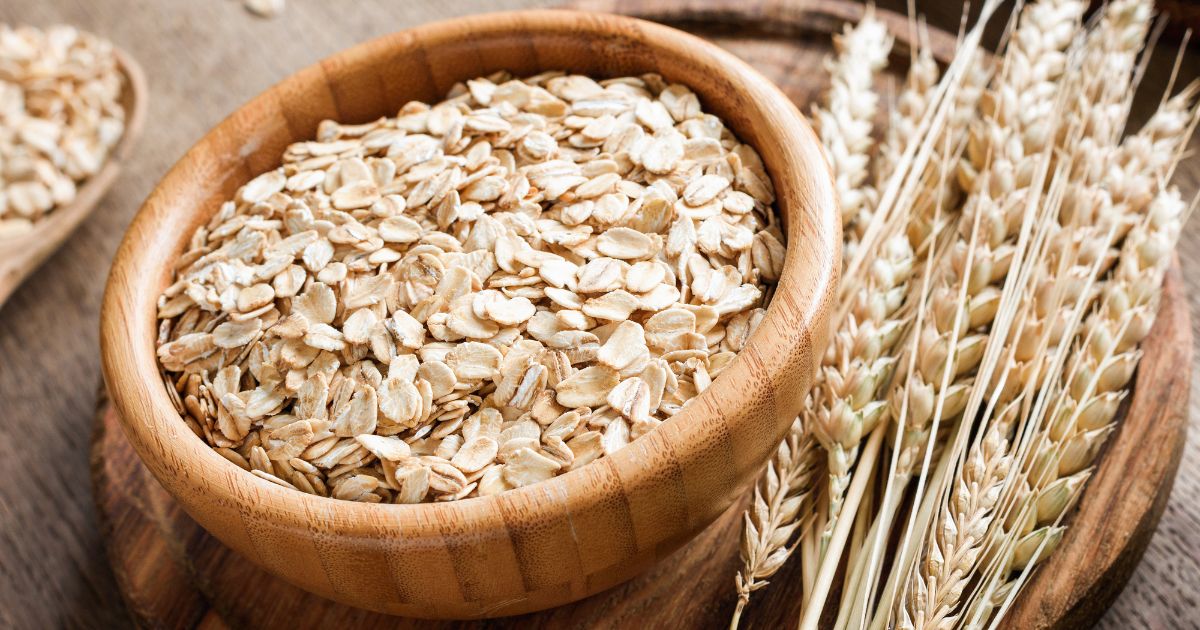Fermented foods have been a staple in diets around the world for centuries, and their popularity continues to grow for good reason. Beyond their delicious flavors and unique textures, fermented foods offer a wide range of health benefits, particularly for your gut. In this blog, we will delve into the fascinating world of fermentation, exploring what they are, why are fermented foods good for your gut and which fermented delicacies you can incorporate into your diet for a happy and healthy digestive system.
What Are Fermented Foods?
Fermentation is a natural metabolic process that occurs when microorganisms, such as bacteria, yeast, or fungi, convert carbohydrates, like sugars and starches, into alcohol or organic acids. This transformation not only preserves the food but also enhances its taste and nutritional profile. Common examples of fermented foods include yogurt, kefir, sauerkraut, kimchi, kombucha, tempeh, and sourdough bread.
Understanding the Gut Microbiome: A Balancing Act
To understand why fermented foods are beneficial for your gut, it’s essential to appreciate the intricate ecosystem that resides within you—the gut microbiome. Your gut is home to trillions of microorganisms, including bacteria, viruses, fungi, and other microbes. This diverse community plays a pivotal role in your overall health, influencing digestion, immunity, metabolism, and even your mood.
However, maintaining a healthy balance among these microbial inhabitants is crucial. An imbalance in the gut microbiome can lead to various health issues, including digestive disorders, inflammation, and compromised immunity.
The Magical Impact of Fermented Foods on Your Body and Skin
So, how are fermented foods beneficial? Here are several reasons why they are your gut’s best friend:
- Probiotics Galore: Fermented foods are teeming with beneficial live bacteria, known as probiotics. When you consume these foods, you introduce these friendly microbes into your gut, helping to restore and maintain a healthy balance within the microbiome.
- Enhanced Digestion: Fermentation breaks down complex carbohydrates and proteins into more easily digestible forms. This can alleviate digestive discomfort and may even help individuals with food intolerances.
- Nutrient Boost: Fermentation can increase the availability of certain nutrients, such as B vitamins, minerals, and antioxidants, making them easier for your body to absorb.
- Immune Support: A well-balanced gut microbiome is closely linked to a robust immune system. Probiotics from fermented foods can help bolster your body’s defences against harmful pathogens.
- Reduced Inflammation: Fermented foods and inflammation are inversely proportional to each other. A healthier gut often translates to reduced inflammation, which is a key factor in various chronic diseases.
Best Fermented Foods for Gut Health
Here are some of the top fermented foods for gut health to incorporate into your diet:
- Yogurt:Creamy Goodness, Gut-Friendly Greatness
Rich in probiotics, yogurt can promote gut health and enhance digestion. Opt for plain, unsweetened varieties with live active cultures.
- Kefir: Sip Your Way to Gut Health
This fermented dairy or non-dairy beverage offers a potent probiotic punch and is a great addition to smoothies.
- Sauerkraut:A Tangy Twist to Gut Wellness
Made from fermented cabbage, sauerkraut is a crunchy, tangy treat that’s easy to include in salads, sandwiches, or as a side dish.
- Kimchi: Spice Up Your Health Journey
A staple in Korean cuisine, kimchi is a spicy fermented vegetable dish that can liven up your meals and benefit your gut.
- Kombucha: Fizzing with Flavor, Fueling Your Wellness
This fizzy, fermented tea beverage offers a unique combination of probiotics and antioxidants. Enjoy it as a refreshing alternative to sugary sodas.
- Tempeh: The Plant-Powered Protein Revolution
A nutrient-dense source of plant-based protein, tempeh is perfect for vegetarian and vegan diets. Use it in stir-fries, sandwiches, or as a meat substitute.
- Sourdough Bread: Crafting Flavour, Nourishing Tradition
Made from naturally fermented dough, sourdough bread is not only delicious but also easier on the digestive system compared to some other bread varieties.
Precautions and Considerations
While fermented foods offer numerous benefits for gut health, it’s essential to consume them in moderation and be mindful of individual dietary restrictions or sensitivities. Here are some of the common health issues that keep people from eating fermented foods:
- Allergies: Be aware of any food allergies or intolerances you may have, especially when trying new fermented foods.
- Sodium Content: Some fermented foods, like sauerkraut and pickles, can be high in sodium. Choose low-sodium options if you’re watching your salt intake.
- Quality Matters: Opt for high-quality, reputable brands of fermented foods to ensure that you’re getting live probiotics and the full range of benefits.
- Balanced Diet: Fermented foods should be part of a balanced diet that includes a variety of fruits, vegetables, whole grains, and lean proteins.
Now, as you have understood why fermented foods are good for your gut, you must include them in your diet. These magical foods are more than just culinary delights; they are essential allies in nurturing a healthy gut. By incorporating these probiotic-rich delicacies into your diet, you can support your digestive system, boost your immunity, and enhance your overall well-being. However, remember that a healthy gut is just one piece of the puzzle—maintaining a balanced diet, staying hydrated, and managing stress are also crucial aspects of a healthy lifestyle. So, go ahead and savour the tangy delights of fermented foods while nourishing your body and supporting your overall health. Start your journey to a healthier gut today!




